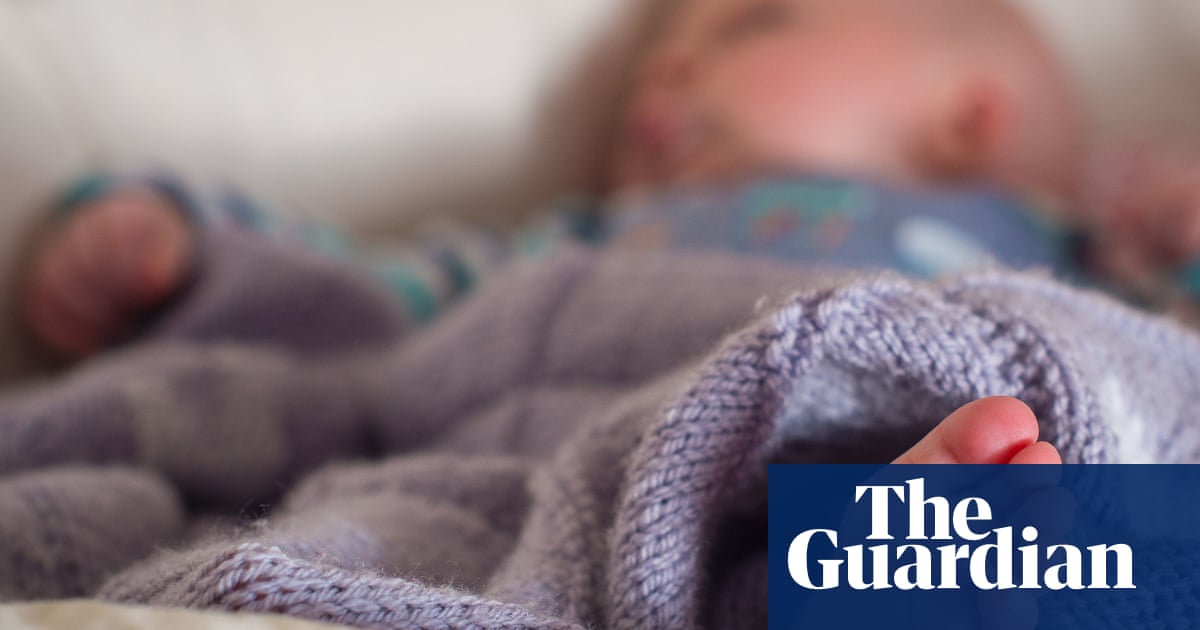Re your report (All babies in England to get DNA test to assess risk of diseases within 10 years, 20 June), the NHS plans to test the DNA of all babies to “assess disease risk”, in association with AI, having already sampled 100,000 newborns. The Department of Health and Social Care said that genomics and AI would be used to “revolutionise prevention” and provide faster diagnoses and an “early warning signal for disease”.
In line withprevious predictions, when individuals who submitted to a PCR test (which amplifies genetic material) during Covid-19 had their DNA sold for profit without their consent, infants now face their private, personal, biological data being captured, stored and used by who-knows-what corporations on behalf of the NHS.
Not everyone wants to know what potential diseases they might suffer from in the future, especially if there is no known treatment. And for what purposes might it be used, other than “prediction of disease risk”? Testing of new drugs? Testing of vaccines? Clearly an infant cannot give consent to its DNA being used for these purposes and research on children isunethical unless they stand to benefit. Will parents have the opportunity to give informed consent and can it even be informed if they are unaware of the many potential uses of the material?
A globalgenomics marketof $32.65bn in 2023 suggests that this is big business.Genomics England already makes available patients’ genomic datato businesses.
The association with AI additionally raises the spectre of surveillance in the form of digital IDs, incorporating not only biometric data, such as fingerprints, retinal scans and facial recognition, but potentially even the human genome itself. The NHSdata of 57 million patientshas already been used to train AI outside of the intended purpose.
Will doctors recognise these risks and take steps to inform patients? Or will technology roll on regardless?Janet MenageRetired GP, Llanybydder, Ceredigion
Have an opinion on anything you’ve read in the Guardian today? Pleaseemailus your letter and it will be considered for publication in ourletterssection.
